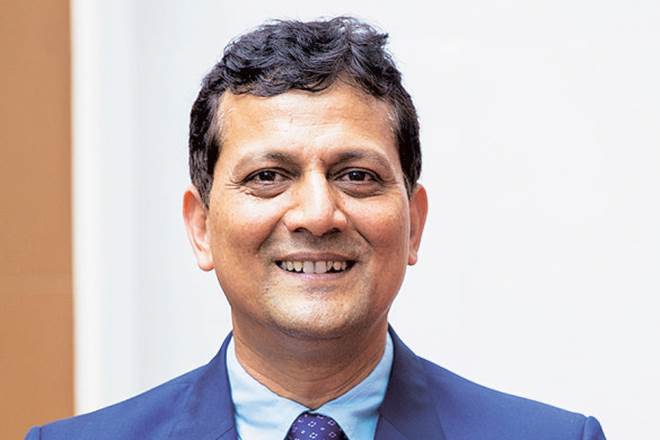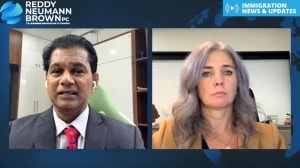When Google in 2016 released a paper showcasing its research in diabetic retinopathy, not many had imagined that use of AI products could go far beyond beating humans in games for another few years. Until then, Google’s DeepMind was being used only for such purposes. But Google’s paper changed the dynamics. Not only did the company realise the potential of artificial intelligence and machine learning in research, it also spurred others to try out new fields in AI development.
That is one of the reasons that AI has grown to become one of the major game-changing innovations in medical industry. Microsoft last week announced, that it shall be investing $40 million to harness the power of AI for health. While Microsoft will be emulating Google’s work on diabetic retinopathy, the company plans to do much more than that.
One of the benefitting countries from Google’s application of technology was India, while Microsoft has not declared where it intends to use this technology, it will certainly be in developing and least developed economies, where technologies can overcome challenges of non-availability of medical practitioners.
Meanwhile, Google has moved beyond. The company in 2017 announced that it has been aiding pathologists to detect signs of cancer— using its AI techniques it was able to detect cases of breast cancer—and said that it will be further using its brain project to provide predictive healthcare, and answer questions like whether a patient needs hospitalisation, how long will they stay in hospital and whether their situation has improved since.
Microsoft’s focus is child and maternal mortality rates, where such instances need to be tracked much more diligently.
Enter personal tech. While predictive healthcare is one part of the approach another one requires collection of data. Data forms the basis of research in any of the fields. And, this is where the likes of Apple Watch, Fitbits and other devices can help. Although they have their limitations, most such limitations only arise due to paucity of data. Last year, Apple announced that it shall be tying up with three medical institutes and WHO to collect data. Fitbit, in a recent paper, has indicated that it has been able to detect common flu patterns in people. The study, published in Lancet, using 47,000 data points was able to predict influenza outbreaks amongst users.
Fitbit is not the only company; Samsung has also tied up with Universities to spur research in the field. But analysis and linking to real world scenario also means tracking of health profiles, and this is where most companies are lacking. Users do not wish to give data to companies, and rightly so. Companies are gung-ho about research because they are trying to capitalise on it. Diseases and treatment are a growing market, and no one wishes to miss out on that. Unless companies can guarantee that the data shall stay safe, and will only be used for non-personal case studies, not many will be willing.
ishaan.gera@expressindia.com








